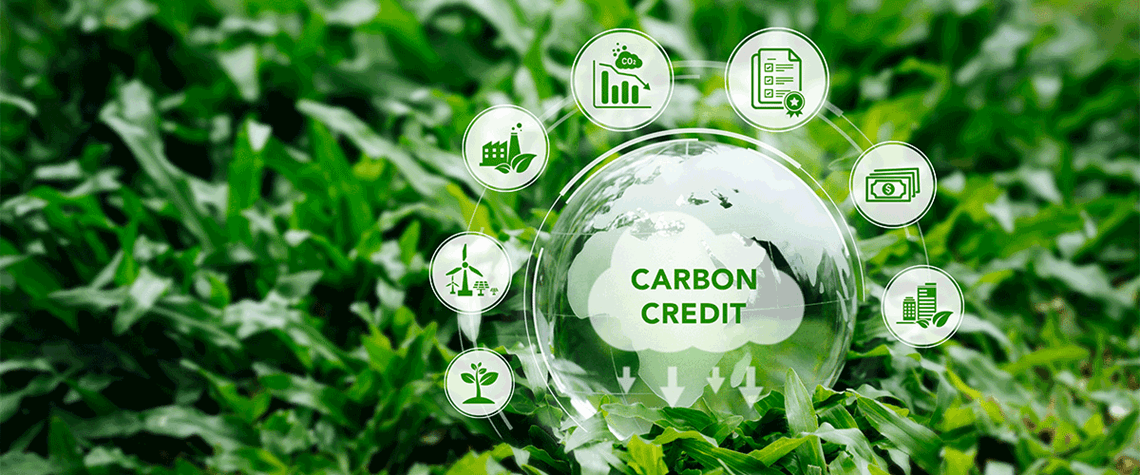Align the VCM with internal carbon pricing
Companies can boost confidence in the voluntary market by using their internal carbon prices as reference points against which to measure the implied climate contribution of their purchased offsets
The news flow around climate finance over the past year has included an assault on voluntary carbon markets. The criticism has concentrated on credit quality, underpinned by a cynicism about how the various actors make money and the use of offsets by corporates. The VCM industry hopes it can restore confidence through its efforts to self-police on integrity and the ways companies use offsets. Given the pressing need for reform, it may seem premature to look past this stage. But there remains a shortcoming in a high-integrity VCM that threatens to keep it from fulfilling its promise as a conduit of climate capital: corporate buyers still have the incentive to be 'cheap’. To some degree this

Also in this section
9 January 2026
A shift in perspective is needed on the carbon challenge, the success of which will determine the speed and extent of emissions cuts and how industries adapt to the new environment
2 January 2026
This year may be a defining one for carbon capture, utilisation and storage in the US, despite the institutional uncertainty
23 December 2025
Legislative reform in Germany sets the stage for commercial carbon capture and transport at a national level, while the UK has already seen financial close on major CCS clusters
15 December 2025
Net zero is not the problem for the UK’s power system. The real issue is with an outdated market design in desperate need of modernisation








